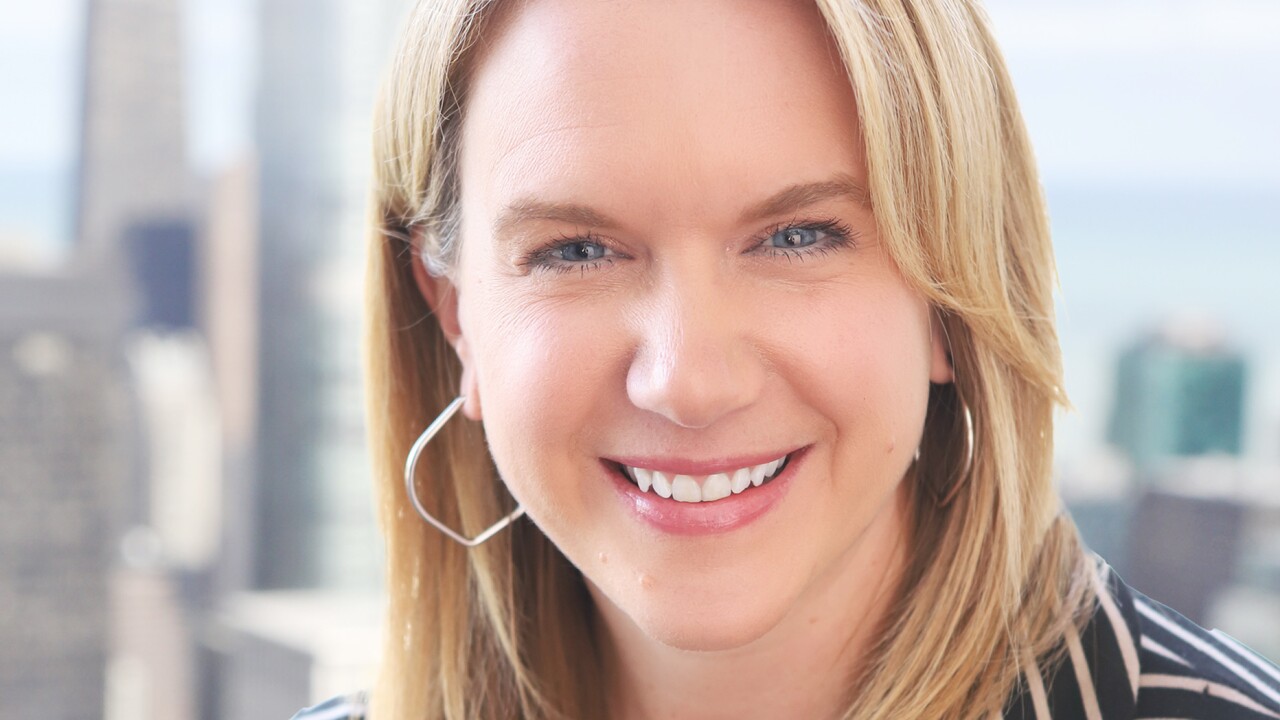Do bankers really care about their customers' privacy?
The industry's foot soldiers on Capitol Hill claim they do, but some following the debate over financial reform legislation are beginning to wonder.
In the House version of the bill, bank customers could block transmission of their personal data to third-party firms, such as telemarketers. Bank affiliates would continue to share customer data.
"If you accept the proposition that consumers ought to have a right to at least have a choice, I just don't think there's any rational distinction between affiliates and third parties," Brookings Institution scholar Robert E. Litan testified last week before the House Banking Committee's financial institutions subcommittee.
"Privacy invasions are made by both affiliates and third parties," said Edmund Mierzwinski, consumer program director at the U.S. Public Interest Research Group. "In monetary terms, one of the worst information-sharing violations documented so far-the NationsBank/NationsSecurities case, which resulted in a total of $7 million in civil penalties-was an affiliate- sharing arrangement, not a third-party violation," he said.
Mr. Litan recommended letting customers block all marketing-related deals to share data. He said banks might even save money by avoiding pitches to uninterested customers.
Conventional wisdom says that small banks have fewer opportunities than big banks to trade data so that an across-the-board requirement that a customer be permitted to block information-sharing could actually give community banks a competitive advantage.
But instead of asking lawmakers to take that extra step, the Independent Community Bankers of America urged Congress to eliminate all restrictions on data-sharing.
Kenneth A. Guenther, the ICBA's executive vice president, said the trade group "agonized" over the decision. But in the end it decided an across- the-board opt-out would never fly with deregulation-minded Republicans.
"If the Democrats had been in control of the Congress, we would have taken a different position," Mr. Guenther said.
In fact, during last week's two-day hearing on privacy, the only Republican to back broader privacy protections was subcommittee chairwoman Marge Roukema, R-N.J. But Rep. Roukema said she did not want to tackle the issue in the financial reform bill. "I feel that first a comprehensive, rational discussion of how best to further proceed on the issues relating to privacy is in order," she said.
Still, the Clinton administration and House Democrats are pressing for an across-the-board opt-out for marketing.
"Consumers should have the choice to opt out-that is, say 'no'-to the use of their data by both third parties and affiliates," said Gary Gensler, Treasury under secretary for domestic finance.
"I don't believe our work is completed on privacy issues in HR 10," said Rep. Jay Inslee, D-Wash. "We're going to obviously be talking to conferees in hopes that they can go farther."
The conferees are lawmakers selected from the House and Senate to reconcile the two bodies' versions of financial reform.
On privacy, the Senate bill would ban pretext calling. The House version builds on that base by letting customers block some information-sharing deals between their banks and third parties. The House bill would also require each bank to draft and disclose its privacy policy.
Though House and Senate conferees could add restrictions covering bank affiliates, most observers say they do not expect that to happen. Such a move could turn the banking industry against the legislation, they warn.





